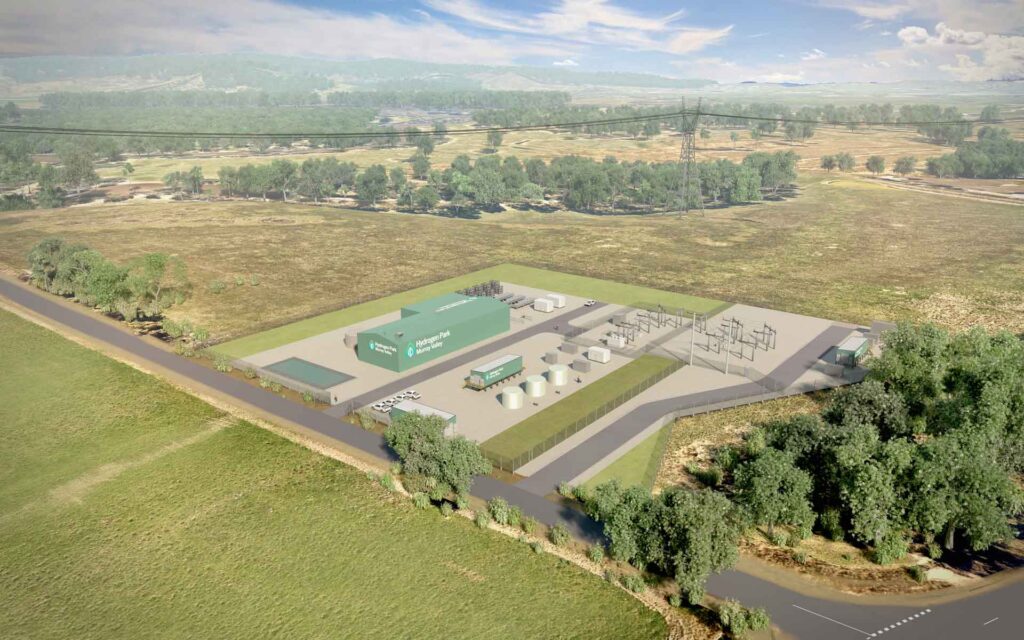Cancer Council has released new data that shows how natural disasters, such as bushfires and floods, had a significant impact on participation rates in the National Bowel Cancer Screening Program (NBCSP).

The program provides people aged 50-74 years with free and simple bowel screening tests every two years via mail.
Led by Cancer Council Victoria’s Centre for Behavioural Research in Cancer (CBRC), the preliminary data shows:
A 27% decline in NBCSP participation rates during the 2019-2020 Australian bushfire disaster; and
A 23% decline in NBCSP participation rates due to widespread flooding in NSW, VIC, QLD, TAS, and ACT between 2020-22.
The findings coincide with the Australian Government announcing a $10.8 million investment and partnership with Cancer Council to boost participation in the NBCSP with a national campaign, ‘Get2It’.
The Government is investing $10.8 million to encourage eligible Australians to complete their potentially life‑saving bowel cancer screening as the new data reveals screening rates dropped in 2020-2021 and natural disasters impacted screening rates.
Australia’s national bowel screening rate dropped to 40.9% during 2020-2021. While more than 6 million Australians were sent a test, only around 2.5 million returned their samples for screening. That’s around 179,000 fewer people returning their tests in 2020-2021.
The Government is partnering with Cancer Council Australia to roll out a national bowel screening campaign to remind Australians to ‘Get2It’, as research shows most people intend to do the test, but life gets in the way.
Health Minister, Mark Butler said: “We know cancer screening saves lives – and not screening costs us lives. The Government is proud to invest $10.8 million in this campaign with the Cancer Council to encourage more Australians to do their bowel cancer screening.
“I’ve done the bowel screening test myself, and I encourage every Australian who receives the free test in the mail to also Get2It.
“Please put the test somewhere like the bathroom as a reminder. Doing the test as soon as you get it could save your life.”
Quotes attributable to Cancer Council CEO, Professor Tanya Buchanan:
“We are proud to be working with the Australian Government to roll-out Get2It for a second year in a row.
“We know from bowel cancer screening test return findings that screening levels are still too low across Australia.
“Together, we need to encourage our family, friends and loved ones to prioritise their health and Get2It by taking a simple test that could potentially save their life.”
The campaign begins as preliminary data from Cancer Council Victoria’s Centre for Behavioural Research in Cancer (CBRC) shows the impact recent major natural disasters had on participation rates in the National Bowel Cancer Screening Program.
The bushfires which devastated Australia in 2019-20 drove down participation rates by 27% during that period in affected areas, while widespread flooding across the country led to a 23% drop in participation rates.
Get2It will run from now until November this year. Preliminary results show that around 37,000 reminders to screen were sent to people during the 2022 campaign, and an additional 89,500 people completed their screening test during the campaign period.
Bowel cancer is Australia’s second biggest cancer killer, yet 90% of cases could be successfully treated if detected early.
Increasing the screening rate to 60% could save 84,000 Australian lives by 2040.
It is important when the kit arrives in the mail Australians complete and return it promptly. Health care providers can also now bulk order National Bowel Cancer Screening Program kits and issue them to eligible patients.
For more information on bowel cancer or the National Bowel Cancer Screening Program campaign, go to www.bowelcancer.org.au. The campaign will air on tv, radio, digital and social media, along with partnerships with media and sporting organisations including the NRL to promote bowel cancer screening to a range of audiences. The campaign will be available in Arabic, Cantonese, and Mandarin. Campaign materials are available from Contacts and Resources for bowel screening | Cancer Council


